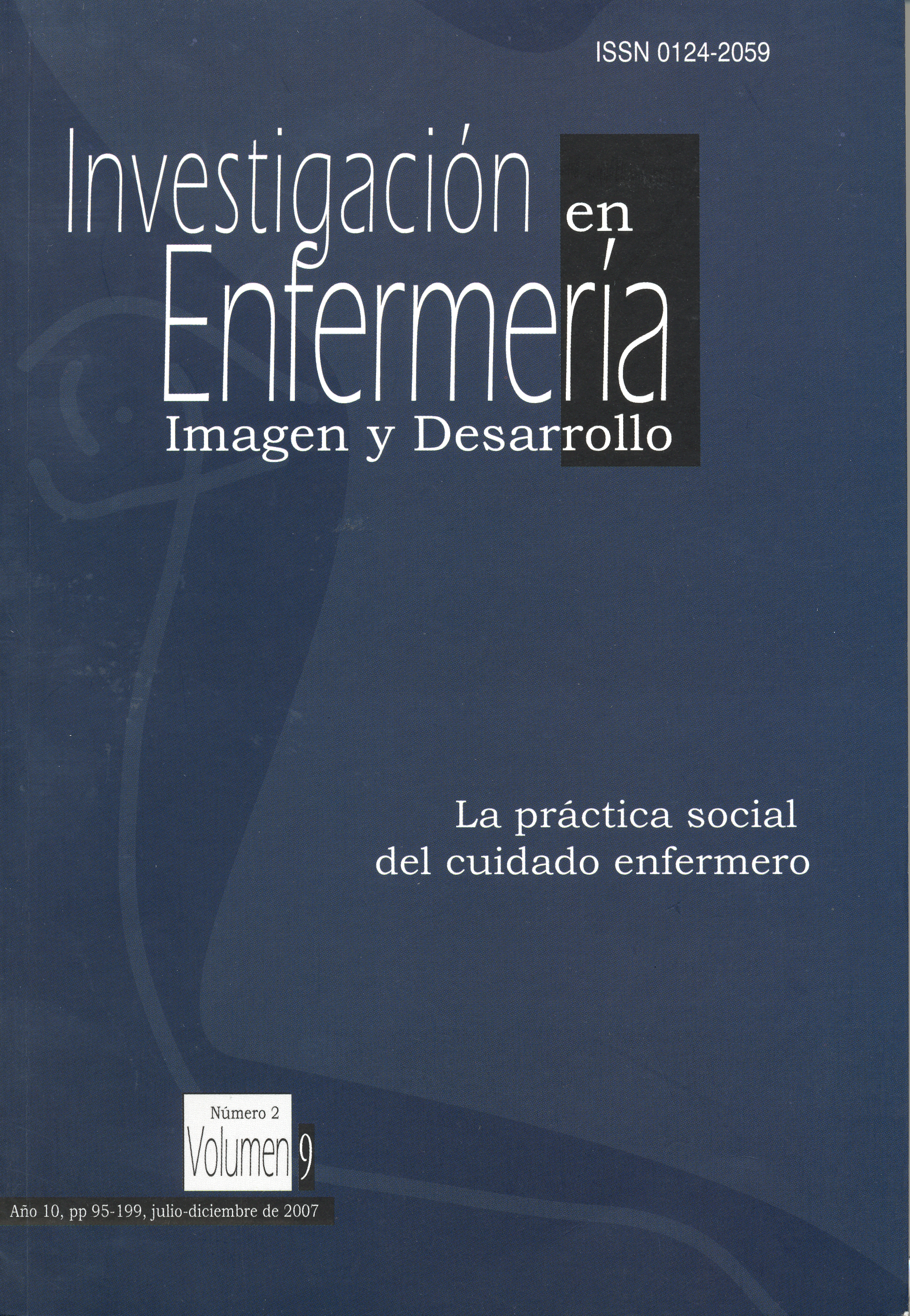Culture and health: elements for the study of diversity and inequities
##plugins.themes.bootstrap3.article.details##
In the public health field, culture, which is an inherent element of the health-disease phenomenon has been understood in different ways. This article exsplores the relationship between health and culture linking two main purposes: First, analyzing culture as a concept widening it towards understanding the role played by power on structuring the cultural diversity and the social subjects; and second, analyzing the ideas about culture present on three of the current models of public health in Colombia and Latin America: The natural history of disease, primary health care, and health promotion. In this context, culture is proposed as a tool for understanding not only the health systems' diversity but also the power relations determining inequalities in the epidemiological profile of the population.


